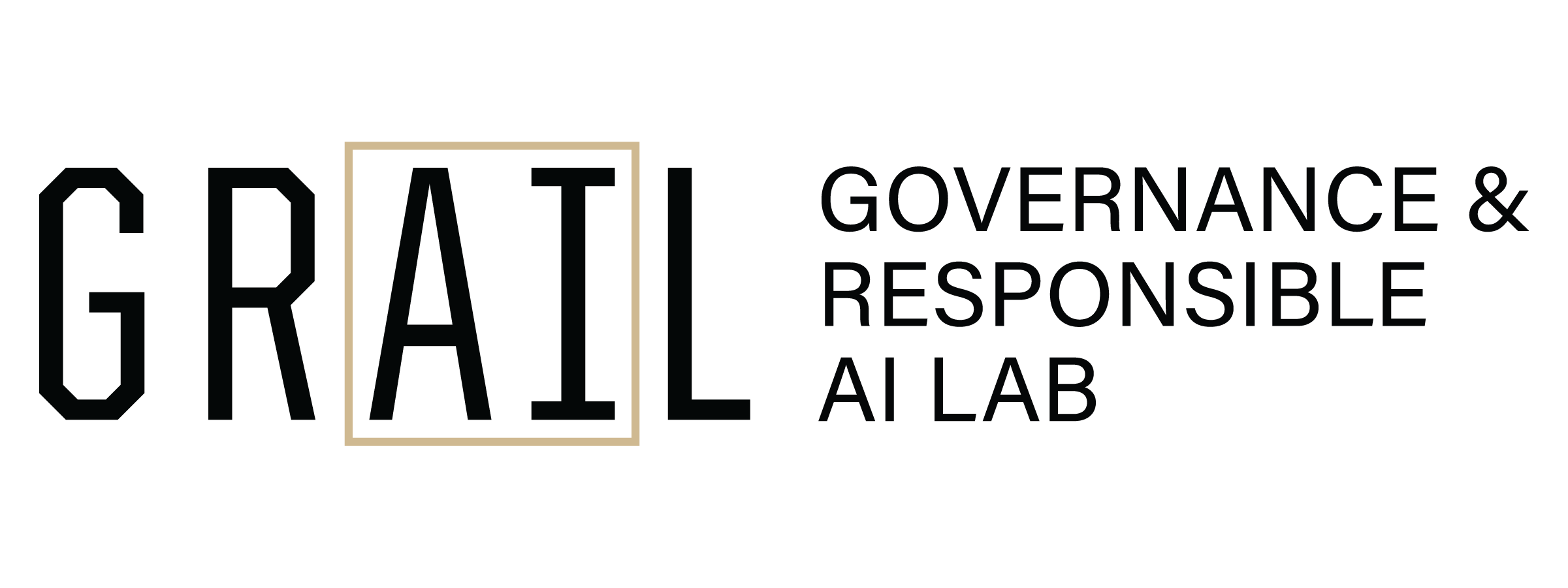
Reframing Global AI Ethics: Lessons From a Comparative Analysis of National Guidelines in China, Japan, Singapore, and Korea
This study investigates how national AI ethics guidelines in East Asia reflect distinct governance logics, institutional priorities, and normative frameworks through a comparative analysis of government-issued AI ethics guidelines in China, Japan, Singapore, and South Korea.
Executive Summary
This article critically examines how national AI ethics guidelines in East Asia—specifically in China, Japan, Singapore, and South Korea—reflect distinct governance logics, institutional priorities, and normative frameworks. Addressing the current Western-centric dominance in global AI ethics and policy discourse, the study draws on qualitative comparative content analysis to assess both the structural and ethical dimensions of government-issued AI ethics guidelines. Anchored in concerns related to global governance and policy diffusion, the analysis explores how prominent concepts in AI ethics—such as fairness, human dignity, and inclusion—are interpreted and institutionalized differently across sociopolitical contexts. We find that while global ethical norms like those promoted by the EU and OECD do appear in many East Asian frameworks, their adoption is uneven: Japan, Korea, and Singapore engage selectively with these principles, while China largely articulates its own regulatory and value priorities. The findings further highlight a regional emphasis on human-related values such as dignity, collective well-being, and inclusivity, framed through a societal rather than individual rights lens. These guidelines also embody divergent governance models and imaginaries rooted in each country’s strategic vision and institutional legacy: China emphasizes hierarchical state oversight and national security, Japan builds its ethics around philosophical principles like dignity and sustainability, Singapore focuses on technical precision and developer-centric accountability, while Korea combines fairness with international cooperation as part of ambitions to shape global digital governance. This study adds empirical depth to repeated concerns about AI ethics hegemony and encourages moving beyond one-size-fits-all frameworks in AI governance. Instead, it offers a regionally grounded, comparative perspective that highlights the value of pluralism and contextual sensitivity in both understanding and shaping global AI ethics.
